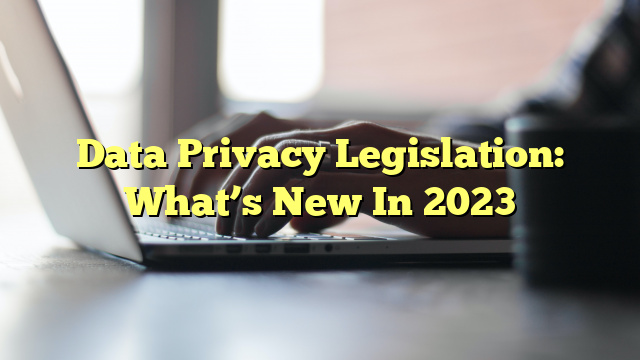Table of Contents
State Privacy Laws in 2023
Several new state privacy laws will be going into effect in 2023. These laws aim to enhance consumer privacy rights and regulate how companies handle personal data. Some of the notable state privacy laws include:
- California Privacy Rights Act (CPRA)
- Virginia Consumer Data Protection Act (CDPA)
- New York Privacy Act
- Washington Privacy Act
California Privacy Rights Act (CPRA)
The CPRA expands upon the existing California Consumer Privacy Act (CCPA) and introduces stricter privacy requirements for businesses. It gives consumers more control over their personal information and establishes a new enforcement agency, the California Privacy Protection Agency.
Virginia Consumer Data Protection Act (CDPA)
The CDPA is Virginia’s comprehensive data privacy law, similar to the CCPA and CPRA. It grants consumers certain rights regarding their personal data and imposes obligations on businesses to protect that data.
New York Privacy Act
The New York Privacy Act is a proposed comprehensive privacy law that would give consumers control over their personal data and require businesses to obtain consent before collecting or using that data.
Washington Privacy Act
The Washington Privacy Act is another proposed privacy law that aims to enhance consumer privacy rights. It includes provisions for data breach notification, consumer access to personal data, and limits on data profiling.
Reasons for Updating Privacy Policies
Companies are updating their privacy policies in 2023 to comply with the new state privacy laws and ensure they are handling personal data in a transparent and responsible manner. Some of the reasons for updating privacy policies include:
- Meeting legal requirements: Companies need to align their privacy practices with the new state privacy laws to avoid penalties and legal consequences.
- Enhancing consumer trust: By being transparent about data collection and usage, companies can build trust with their customers and demonstrate their commitment to protecting personal information.
- Adapting to evolving technology: With advancements in technology, companies need to update their privacy policies to address new data collection methods and potential privacy risks.
The Future of Data Privacy
The future of data privacy is likely to involve stricter regulations and increased consumer control over personal data. As technology continues to advance and data breaches become more prevalent, governments and consumers are demanding stronger privacy protections. Some key trends and developments in the future of data privacy include:
- Global privacy regulations: Countries around the world are enacting their own privacy laws, and there is a growing need for harmonization and global standards to protect data across borders.
- Emerging technologies: The rise of artificial intelligence, internet of things, and other emerging technologies brings new challenges for data privacy. Regulations will need to adapt to address these technologies’ impact on personal data.
- Data ethics and accountability: There is an increasing focus on ethical data practices and holding companies accountable for their data handling. Transparency, consent, and data minimization are becoming key principles in privacy regulations.

